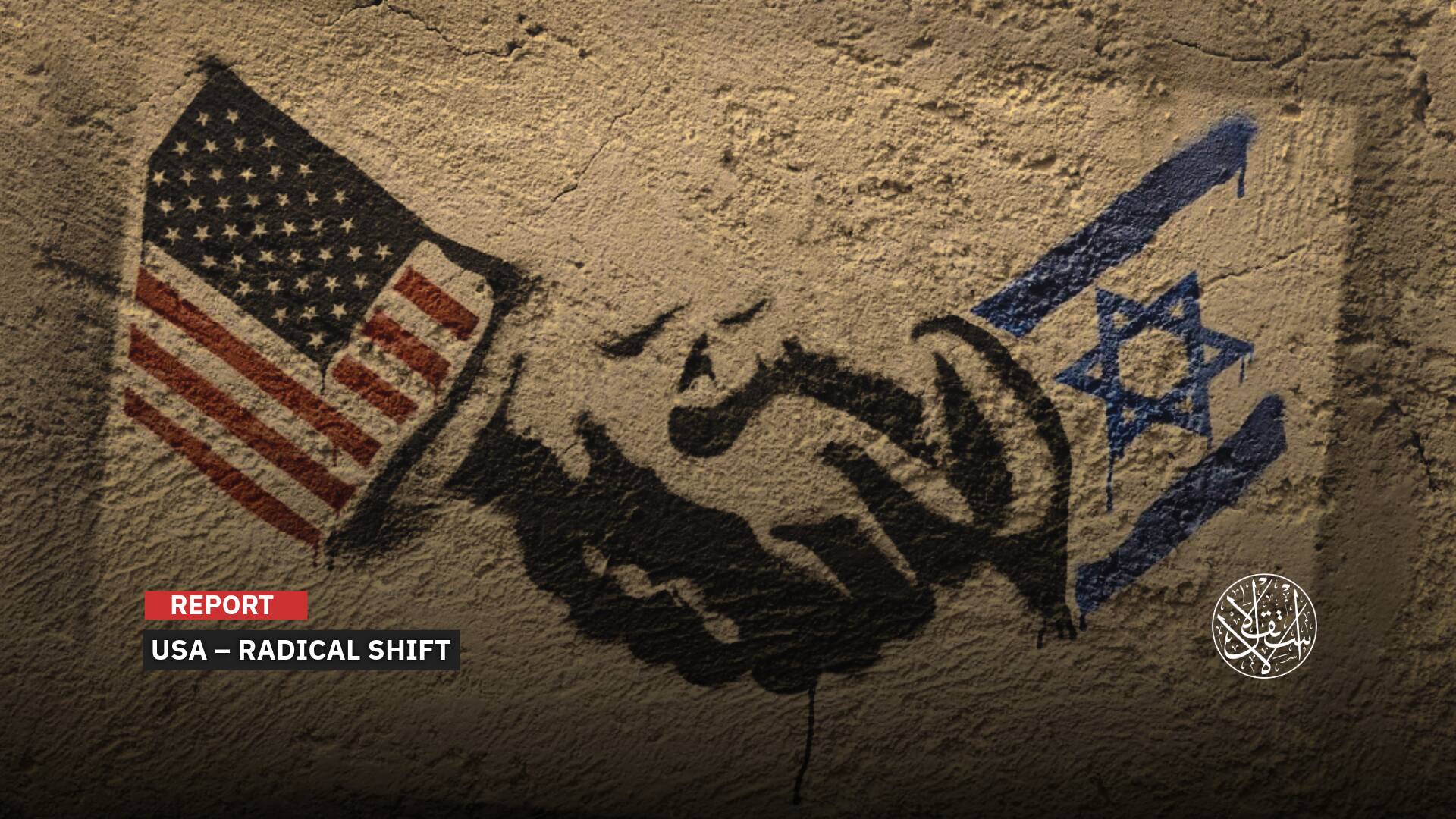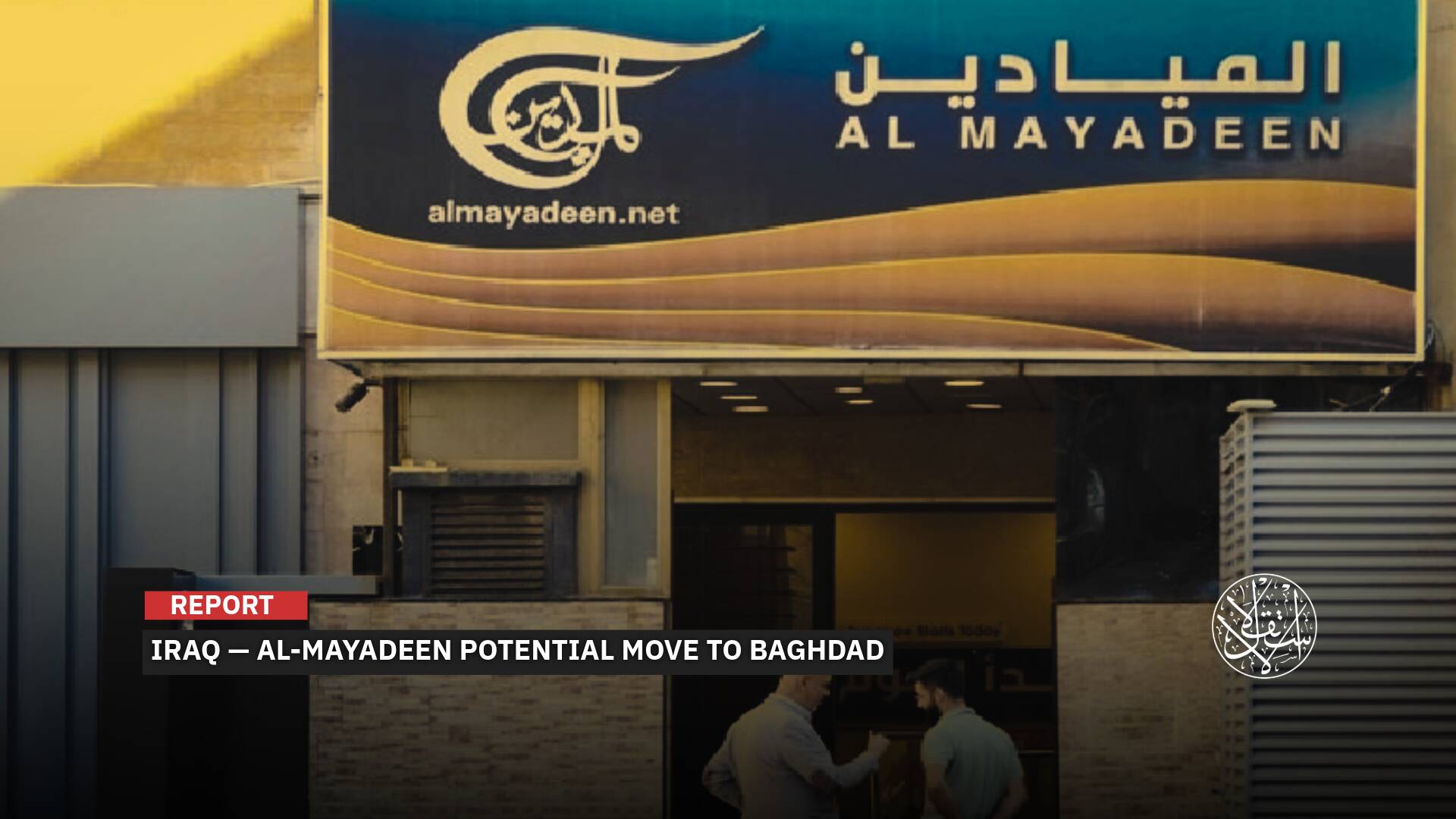‘Israel’ Implements New Espionage Tactics in Gaza

The occupation army planted tracking devices (GPS chips) inside some flour bags in Gaza.
Amid the tents of displaced families and within humanitarian aid supplies, the Israeli occupation army plants listening devices in the Gaza Strip as part of new methods to gather intelligence on its captives held by Palestinian resistance.
The occupation suffered a significant blow in terms of field agents (spies) during the ongoing war on Gaza since October 7, 2023, prompting it to resort to unprecedented tactics.
In the years leading up to the war, Gaza’s Ministry of Interior and National Security had successfully dried up the sources of collaboration, launching campaigns that led many informants to repent and turn themselves in, often with reduced penalties.
Others who did not comply were arrested.

New Tactics
In response to this, the Israeli army has resorted to new methods, the latest of which was recently revealed by Gaza's security forces.
The Israeli occupation has been planting espionage devices inside bags of flour, which are distributed as part of humanitarian aid to displaced persons.
At the end of 2024, activists shared images showing GPS tracking devices hidden inside some flour bags, urging people to destroy them immediately if discovered.
The security platform "Al-Haris" (the Resistance Security Media Platform) posted an image of the tracking device on its Telegram account, calling on "all our people, particularly the resistance fighters, to remain vigilant and attentive to personal security measures."
The platform also encouraged reporting any suspicious behavior or movements.
In September 2024, the same platform disclosed that Gaza's security forces had seized Israeli espionage equipment planted among tents in a displaced persons' center in the southern Gaza Strip.
A resistance security officer confirmed that "the occupation's intelligence disguised the seized spy devices in various forms to blend in with the surrounding environment, making them appear like ordinary rocks."
The officer speculated that the devices were planted by Israeli intelligence using "quadcopters," or drones, during periods of inactivity among the displaced, urging everyone "not to tamper with any suspicious devices found and to contact security officers immediately."
"Quadcopters" are small, remote-controlled drones that are more advanced than regular ones, and the occupation uses them for a variety of intelligence and military operations.
On the intelligence front, these drones have tactical features that allow them to conduct a range of operations, including surveillance, tracking, and targeting both stationary and moving objects, as well as communicating with targets.
These drones are equipped with high-quality cameras.
In addition to their intelligence use, these drones can also be armed, allowing them to fire bullets and drop bombs on targets, making them a deadly weapon used by the occupation against Palestinians.
Beyond simply embedding tracking devices among tents, quadcopters are also being used to drop espionage equipment across the entire Gaza Strip, according to a warning issued by the "al Majd" platform on Telegram.
The media outlet, affiliated with Hamas, revealed in November 2024 that some of these devices had been discovered, describing them as camouflaged blocks containing espionage equipment.
The platform urged residents to conduct a sweep of their surroundings and the roofs of their homes, with particular focus on public and abandoned buildings, and to report any suspicious objects to the relevant authorities in Gaza without tampering with them.
In mid-September 2024, Gaza's Ministry of Interior issued a warning against providing any personal information or data over communications to individuals claiming to be working with charitable organizations or aid agencies, under the pretense of delivering aid or financial support.
In a press statement, the Ministry clarified that information or updates for organizations and charities involved in relief work should only be provided in person at their known offices or through direct meetings.
The statement also noted that investigations by the relevant authorities had shown that several Israeli strikes on Palestinian homes in recent months were based on information provided via mobile phones to Israeli intelligence, which had posed as local or international aid organizations.

Intelligence Failures Exposed
As in the United States and many other countries, “Israel’s” intelligence community consists of various agencies, each tasked with distinct but occasionally overlapping duties.
These entities include the Mossad, responsible for external intelligence and special operations; the Shin Bet (Shabak), which handles domestic security; and the Military Intelligence Directorate (AMAN), focused on military affairs.
Debate continues over responsibility for the failure to prevent the October 2023 Hamas-led attack, with fingers pointed at various intelligence, military, and political officials, including Israeli Prime Minister Benjamin Netanyahu himself.
Several officials have resigned over the debacle, including the head of “Israel’s” Intelligence Unit 8200, Yossi Sariel, the chief of Military Intelligence, Aharon Halevi, and the unnamed head of the Southern District of Shin Bet, referred to only as "A."
In the wake of the failure acknowledged by Israel's security and military leadership, the Israeli intelligence community is attempting to address what has been described as a “disaster” by introducing new tactics into service.
A source within Gaza's Interior Ministry's internal security apparatus explained that these new Israeli methods come amid growing difficulties in recruiting and managing collaborators, with many failing to respond to their handlers.
“The new security and military reality in Gaza has eliminated the ability of collaborators to operate, making it harder for them to perform their tasks,” the source told Al-Estiklal. “With constant bombardment and the inability to move freely, locating resistance fighters has become much more difficult compared to periods of calm.”
A Shin Bet investigation revealed that some of its collaborators in Gaza had been deceiving “Israel,” rather than working with it, prior to the war.
According to Channel 12, which published details of the investigation in late 2024, “Israel” recognizes the difficulty of infiltrating Hamas with collaborators due to the group’s closed nature.
The report noted that Hamas operatives carry out immediate executions of anyone suspected of collaborating with “Israel,” a practice the movement has followed in every previous conflict.
This failure to expose or prevent the October 7 Operation al-Aqsa Flood attack was cited as evidence of the intelligence system’s shortcomings.
The security source told Al-Estiklal that “Israel” has two main goals with its new espionage tactics in Gaza, both aimed at compensating for the failure of its collaborators and their diminished effectiveness.
The first is to target significant military and political leaders within Hamas, presenting such successes as victories to the Israeli public.
The second is to attempt to free some of its captives from the resistance's grasp.
Both objectives, the source noted, could help Netanyahu delay any moves towards an eventual prisoner exchange, thereby preserving his political future by avoiding an end to the war.
“Israel” estimates that around 100 Israeli prisoners are being held in Gaza, while Hamas has claimed that dozens of captives have died in Israeli airstrikes.

Reasons for Failure
After suffering a stunning setback when Hamas launched its surprise operation, Israeli intelligence agencies have sought to restore their reputation through a series of mysterious military operations.
As the conflict widened and deepened, with “Israel” opening a new front against Hezbollah in Lebanon ahead of a ceasefire agreement, former officials told Newsweek that “Israel’s” arsenal of covert tools would play an even more central role, though not without significant challenges.
Indeed, “Israel” carried out two major, coordinated attacks that shook Lebanon on September 17 and 18, 2024.
These attacks targeted Taiwanese “Pager” communication devices and Japanese “Icom” radios, resulting in dozens of deaths and thousands of injuries, most of them Hezbollah members and their families.
Observers discussed “Israel's” alleged infiltration of the Taiwanese company’s supply chain, tampering with the “Pager” devices, or replacing them with explosives before they reached Lebanon.
However, such tactics failed in Gaza due to the vastly different circumstances in the besieged enclave, with its closed resistance community and reliance on locally produced weapons and communication networks, developed by Hamas’s Izz ad-Din al-Qassam Brigades.
Michael Milshtein, a former Israeli military intelligence officer, told Newsweek on October 30, 2024, that "the role of intelligence during war is super important for several missions."
Milshtein, who heads the Palestinian Studies Forum at the Moshe Dayan Center for Middle Eastern and African Studies in “Tel Aviv,” explained that these tasks were “to identify targets, to understand what is the damage that was caused to the enemy and also to identify what are the goals of the enemy.”
“All the prominent assassinations and accurate attacks are a result of good intelligence relayed on advanced sources.”
“The problem on October 7 and even today regards the capability to understand deeply the logic and the plans of the enemies.”
“There is a gap between the extraordinary operational capacities and the capability to analyze the logic of the other, which is still full of problems,” Michael Milshtein noted.
The Newsweek article noted that, in an effort to retrieve Israeli captives and achieve the goal of dismantling Hamas, Israeli security services have ramped up intelligence gathering in Gaza, working with military forces to track enemy positions, infrastructure, and high-value targets.
In turn, John Hannah, a senior fellow at the Jewish Institute for National Security of America, remarked that “Gaza was not a high priority collection target whereas Hezbollah and Iran have been for decades.”
“Israel assessed mistakenly that Hamas was deterred and, at any rate, largely incapable of launching a large-scale ground invasion.”
“Incredibly, Israel may not have had a single human asset inside Hamas before October 7,” referring to potential collaborators.
It seems that this crisis continues amidst the ongoing war, with “Israel” attempting to recruit new agents to achieve its difficult objectives in Gaza.
The latest effort involved a bizarre tactic aimed at inciting locals to turn against the resistance and cooperate with the Israeli army.
In August 2024, residents of Khan Yunis in southern Gaza were startled when Israeli Occupation Forces dropped leaflets urging them to turn against the resistance, specifically targeting smokers.
Each leaflet contained a single cigarette, a phone number, and the message: “If you want more cigarettes, call this number.”
Since “Israel” took control of the Rafah crossing between Egypt and Gaza, the amount of humanitarian aid entering the enclave has significantly declined, with all goods now subject to meticulous Israeli inspection—cigarettes included.
The leaflets distributed to the public read: “Smoking is dangerous, but Hamas is more dangerous.” The Israeli military resorted to this method of recruitment after the price of a single cigarette soared to over $30 amid scarcity.
Activist Salama al-Ajrami mocked the leaflets, saying, “Israel thinks a smoker can become a collaborator because of the shortage of cigarettes, targeting a social group they believe is the weakest at the moment. But time will prove that this will fail, just like their previous attempts.”












